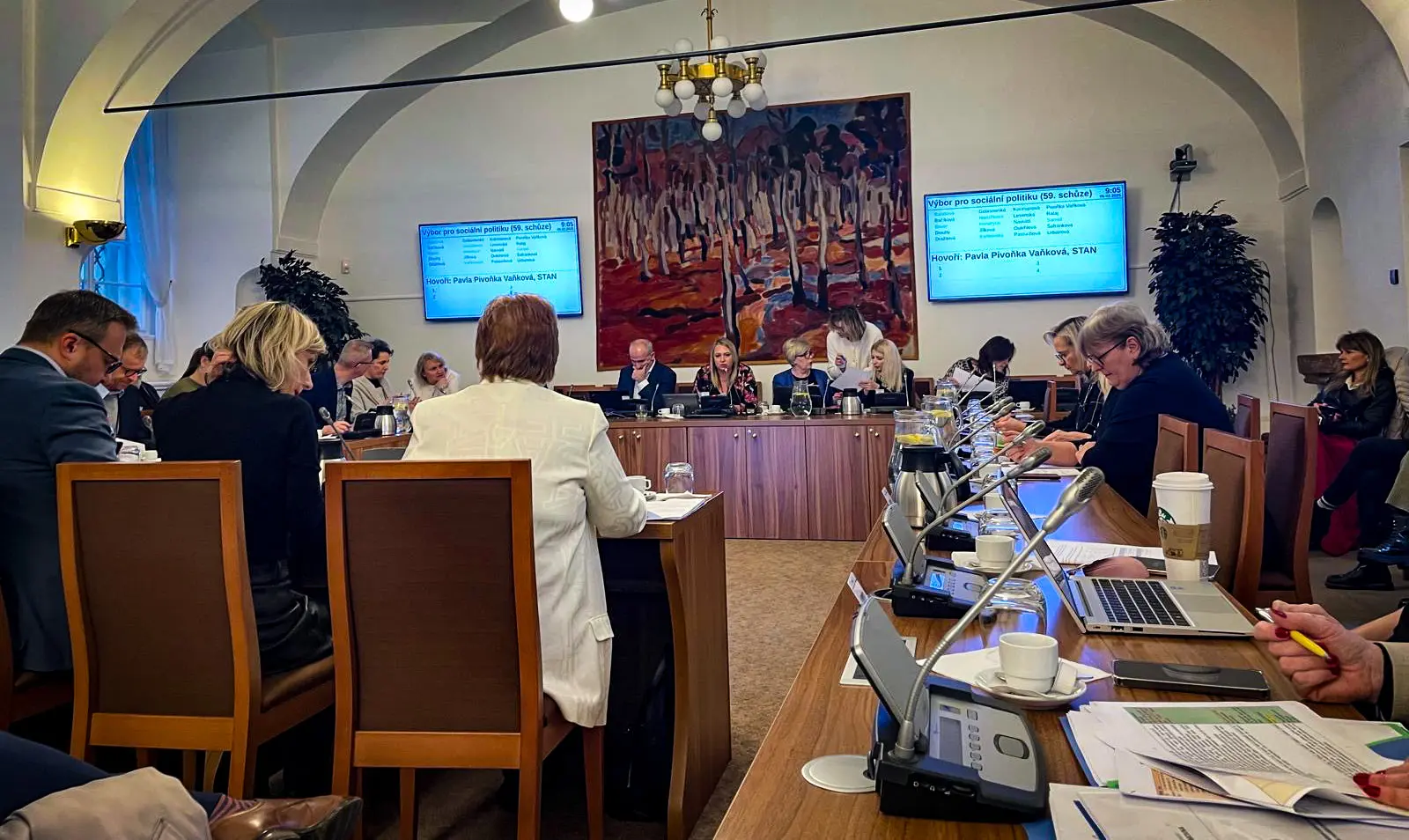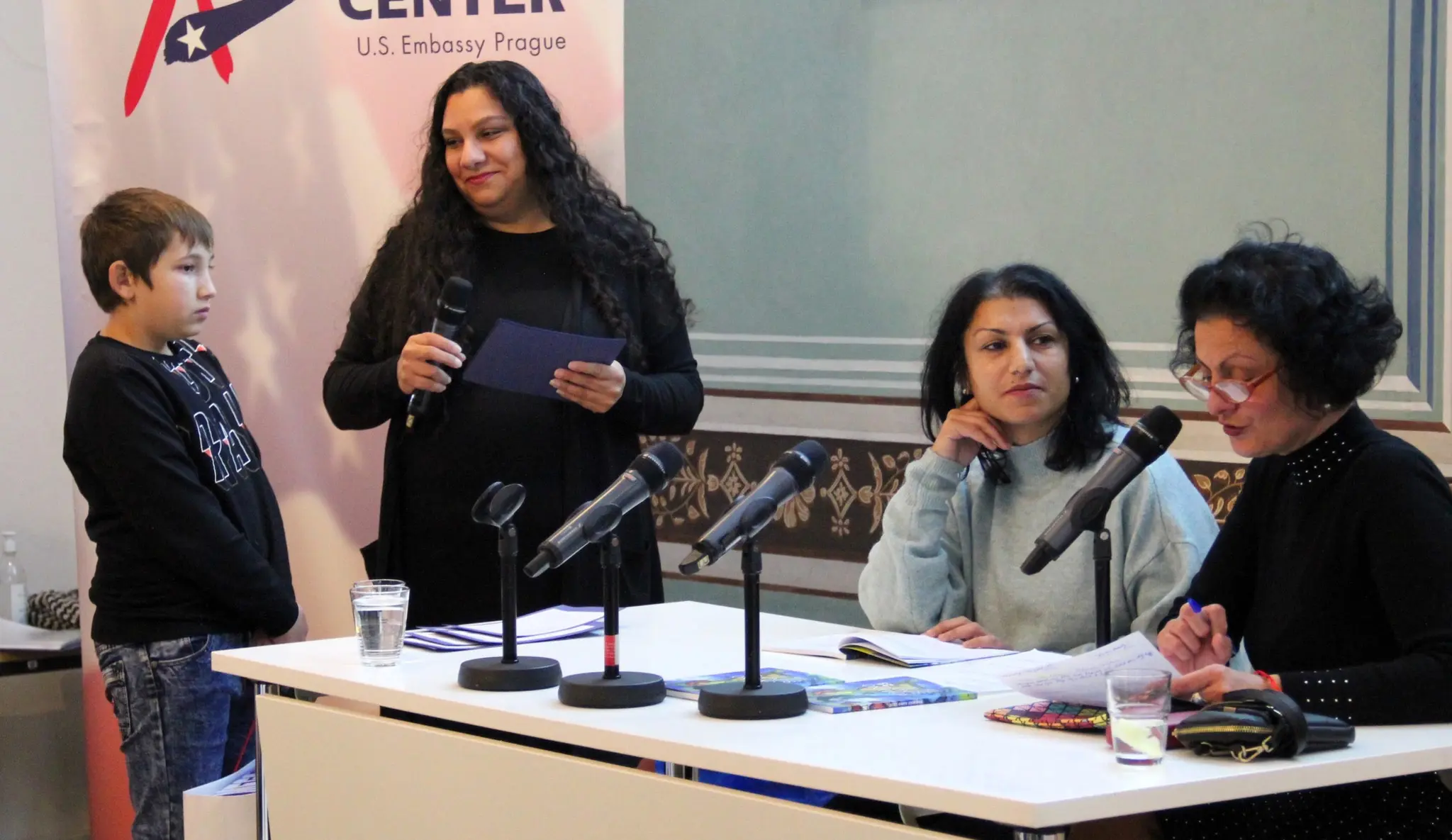Fontanella-Khan (2014) reports on the continued segregation of Romany children at European schools. She starts with a cursory overview of the almost exclusively repressive policies of European governments towards Rroma. She is decidedly against the often used argument that Rroma don’t show any will to integrate on their side: “Often, segregation is blamed on the Roma themselves, whom many accuse of not wanting to integrate due to a “nomadic culture.” However, an insidious form of segregation, happening within the educational system, belies this simplistic view.” As reported last week by CBC News, segregation of Rroma children is particularly strong in Slovakia: 65-80 % of children enrolled in special schools for slow learners are Rroma. The methods of analysis as well as the selection for such tests are extremely controversial. If the children are allocated to a special school, they will never have the opportunity to attend a University. Another problem, according to Fontanella-Khan, is the deficient implementation of court decisions against segregation. A verdict that was asserted by the European Court of Human Rights in 1999, changed little about the segregation of Rroma children in the Czech Republic. To end the exclusion of the Rroma from the educational institutions requires more than court decisions: “This raises the point that deep, structural changes to society cannot happen through the judiciary alone. What is required is the involvement of Roma civil society. The problem is, it barely exists.” Fontanella-Khan sees the reasons for the weak formation of the Rroma civil society in the changes that happened in reaction to the EU-accession of Eastern European countries. Many international donors and activist groups withdrew their funds after EU accession and discontinued their activities, since it was assumed that the EU would support the emerging Rroma NGOs. However, this said to have never happened. As long as the Rroma don’t start to form their own civil rights movement, law professor Jack Greenberg states, there will be no significant change.
- Fontanella-Khan, Amana (2014) Roma Children Face Segregation In EU Schools. In: The Daily Beast online vom 8.3.2014. http://www.thedailybeast.com/articles/2014/03/08/european-schools-quietly-segregating-roma-children.html







